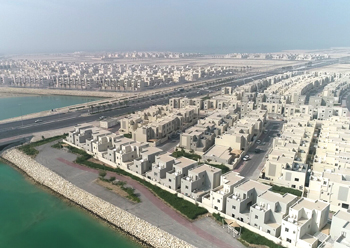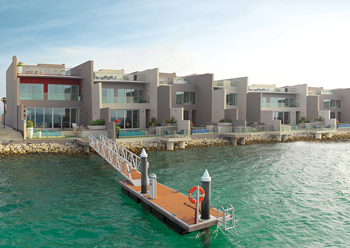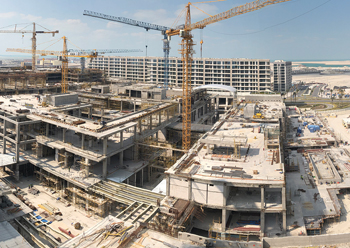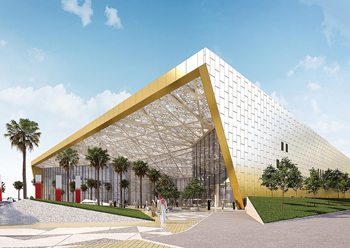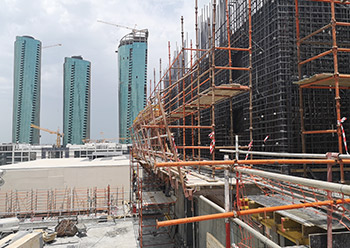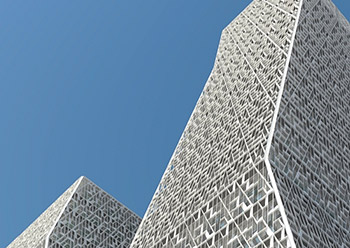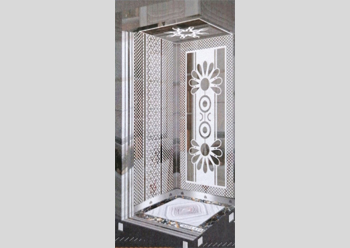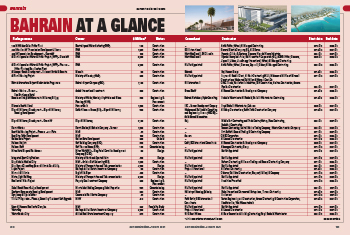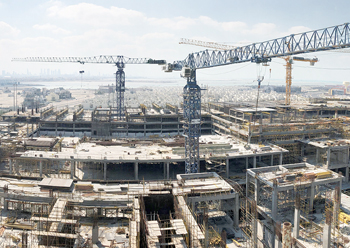
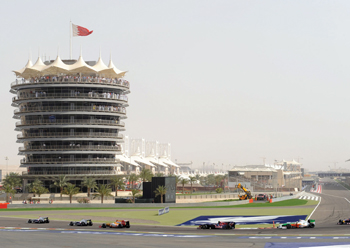 The Bahrain International Circuit ... one of the fastest ‘Rock to Race’ F1 projects ever constructed.
The Bahrain International Circuit ... one of the fastest ‘Rock to Race’ F1 projects ever constructed.
Established in 1991, Cebarco this year marks three decades of service to the construction industry with a portfolio of world-class, high-profile and complex construction projects worth billions of dollars under its belt. These include large, intricate projects such as the Formula One circuits in Bahrain and Abu Dhabi, as well as other vital infrastructure, real estate and leisure projects in the kingdom and the region.
It has earned a reputation for high-quality, fast-track construction of motorsport facilities, having completed the Bahrain International Circuit in 2004, which was followed by the Formula One racing circuit in Abu Dhabi in 2008.
The $150-million Bahrain International Circuit is recognised as one of the fastest ‘Rock to Race’ F1 projects ever constructed. From the first rock blast to the start of the Bahrain F1 was an incredible 483 days, says Peter Sellers, CEO of Cebarco Bahrain. The BIC project, designed by Hermann Tilke, had a workforce of some 2,500 on site and thousands others were working behind the scenes to create the Middle East’s first international racing circuit.
 |
|
Yas Marina track in Abu Dhabi ... highly challenging given the volume of work involved. |
Recalling the company’s work on the Abu Dhabi circuit on Yas Island, Sellers says the company completed the $1.3-billion contract within 22 months. The iconic F1 Yas Marina Circuit with a futuristic design was also designed by Hermann Tilke and is 5.8 km long, featuring the signature long straight leading into a slow hairpin. One part of the track is a more traditional circuit and the other part mimics a Monaco-style street scene around the Marina of Yas Island, a truly breath-taking facility.
Sellers says the Abu Dhabi project was highly challenging given the volume of work involved that was required to be completed in 22 months. It took 14,000 workers more than 35 million manhours to build the circuit.
“The biggest problem with the likes of the F1 tracks is the immovable end date,” he continues. “This is further complicated by changes which are made during construction. For instance, in Bahrain, the race was brought forward by eight months by Formula One Management (FOM) for a race on April 4, 2004 but our programme was to complete in May 2004. For this, we gave a commitment to Bahrain authorities and we accelerated an already tight schedule and managed to complete on March 5. Once a date is committed to FOM, there is no changing it otherwise the race organiser has a massive penalty to pay.”
Cebarco’s experience has grown over the years to an extent that the company has had staff consulting on circuits in other countries as well, Dr Khalid A Rahim, Chairman and CEO of KAR Group of companies points out.
So, given its experience, what are the company’s aspirations for the proposed racing circuits in the region such as the one planned in Riyadh as part of the Qiddiya entertainment hub?
“We have been contacted about both projects by various parties, so clearly we are recognised for our expertise in delivering on time-complex motorsports facilities,” Dr Rahim points out. “We have the experience and, more importantly, a management team who have a keen interest in motorsports. When a project is in your blood, it’s almost impossible to let it fail. It’s got nothing to do with a threat of penalties with these projects; it is a desire to get it finished. This is not just in our team but with the likes of Tilke, who are the world’s leading motor circuit designer and the project stakeholders. So, it’s the desire not only of our own team but the desire of the entire project team and country to get the project completed. Essentially, we remove the ‘them and us’ which unfortunately seems to be prevalent in many engineers and clients around the region. Partnering and team efforts will always get the job done.”
Commenting on the company’s plans to expand into Saudi Arabia, Dr Rahim says: “We have a good relationship with our Saudi partner and have certain projects that we have agreements in place when they come to the market.”
“The projects under consideration are those where we will both add value to one another and we look forward to working with our partner in the future,” he adds, without revealing details due to non-disclosure agreements (NDAs).







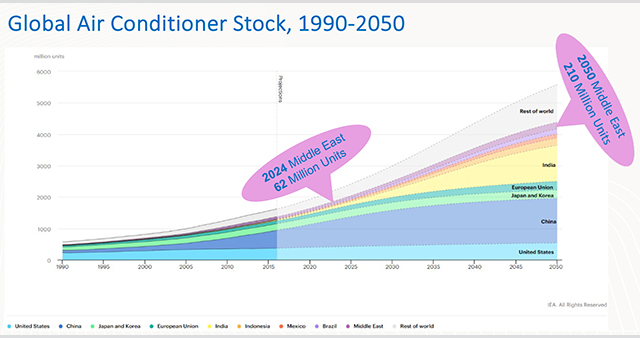






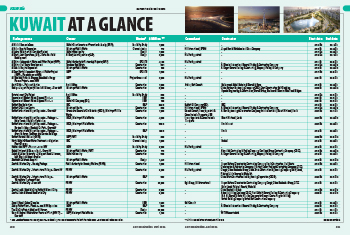






_0001.jpg)


.jpg)




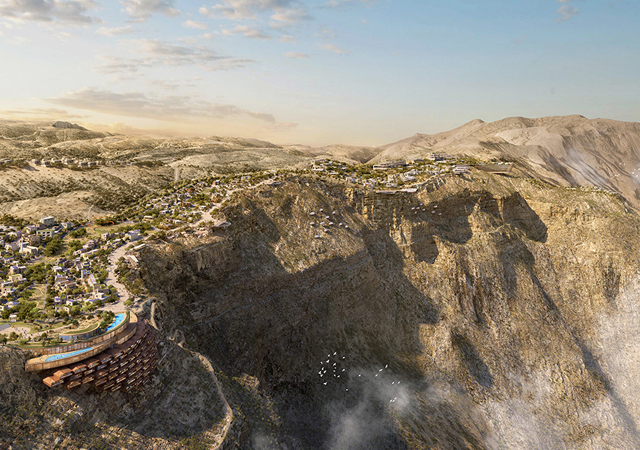











.jpg)








.jpg)



